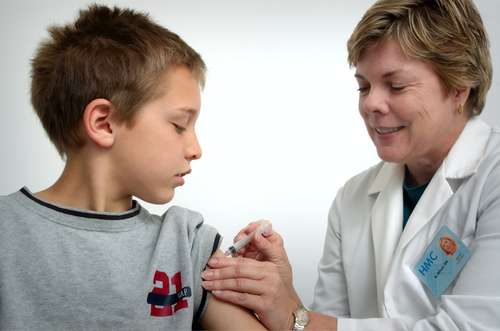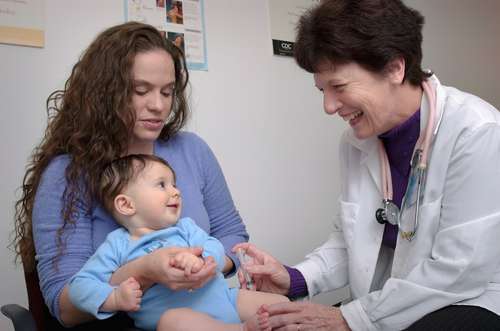Cancer is a major health concern globally, but did you know that many cancers are actually preventable? Here, we'll explore some of the most prevalent cancers and share practical health tips on how to reduce your chances of developing them.
Common Cancers
The most common cancers vary by gender, but globally, breast cancer, lung cancer, colorectal cancer, prostate cancer, and skin cancer are among the most frequently diagnosed.
- Breast cancer primarily affects women. It is one of the leading cancers worldwide.
- Lung cancer is strongly linked to smoking, though non-smokers can also develop it.
- Colorectal cancer affects the colon or rectum and often develops from precancerous polyps.
- Prostate cancer is common in men, especially as they age.
- Skin cancer, including melanoma, is often related to excessive sun exposure or tanning.
How to Lower Your Cancer Risk
While some risk factors, like genetics, are beyond our control, many lifestyle changes can significantly reduce cancer risk. See some of them below.
Quit Tobacco
Smoking is the leading cause of preventable cancers, particularly lung, mouth, throat, and bladder cancers. Even secondhand smoke can increase cancer risk.
Quitting smoking or avoiding tobacco products entirely can reduce your cancer risk by up to 30% for many cancer types. Vaping and other alternatives are not safe either, as they contain harmful chemicals.
Maintain a Healthy Weight
Obesity is linked to various cancers, including breast, prostate, and colon cancer. Excess body fat can trigger inflammation and hormone changes that increase cancer growth.
Maintaining a healthy weight through diet and exercise is crucial. Studies suggest that even losing a small percentage of body weight can lower your cancer risk.
Physical activity helps regulate hormones and immune function, which lowers the risk of some cancers.
Eat a Balanced Diet
Diet plays a significant role in cancer prevention. A plant-based diet, rich in fruits, vegetables, whole grains, and lean proteins, can protect against cancer. Limit your intake of processed and red meats, as they are associated with higher rates of colorectal cancer.
Additionally, reducing alcohol consumption is important since alcohol increases the risk of cancers like breast, liver, and colon cancer.
Protect Your Skin
Skin cancer is the most common cancer but also one of the most preventable. Regular use of sunscreen with at least SPF 30, wearing protective clothing, and avoiding tanning beds can significantly lower your risk. Keep in mind that UV exposure is harmful year-round, not just in summer.
Get Vaccinated
Certain viruses can lead to cancer, including Human Papillomavirus (HPV) and Hepatitis B. The HPV vaccine can prevent cancers related to this virus, such as cervical, anal, and throat cancers.
Similarly, the hepatitis B vaccine lowers the risk of liver cancer, especially for people at higher risk.
Regular Screenings
Early detection saves lives. Regular screenings can catch breast, cervical, and colorectal cancers at an early stage when they are more treatable.
Talk to your doctor about appropriate screening tests for your age and family history. For instance, mammograms for breast cancer or colonoscopies for colorectal cancer should be scheduled based on specific guidelines.
Final Insights
While there’s no guaranteed way to prevent cancer, adopting healthy habits can dramatically reduce your cancer risk. Avoiding tobacco, staying active, and eating a nutritious diet are some of the most effective ways to protect yourself.
Combine these habits with sun protection, vaccination, and regular medical check-ups to stay ahead in the fight against cancer.




